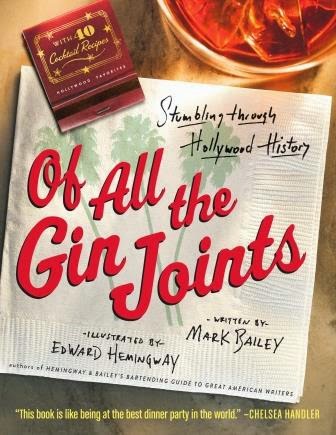 |
| Enjoying a book in my study |
As for my own list, I read about thirty-five books this year with another dozen that went unfinished. Below are my favorites:
Non-fiction
Mad World by Lori Majewski and Jonathan Bernstein
Elephant Company by Vicki Croke
Carsick by John Waters
Little Failure by Gary Shteyngart
Little Failure by Gary Shteyngart
- I want to thank Majewski & Bernstein for making me feel like a 16 year old new waver again. Where is my eyeliner?
- Croke introduced me to a remarkable man and an equally great tusker.
- John Waters delighted and repulsed me, as is his wont. It's what he does, after all.
- Shteyngart made me cry with laughter while breaking my heart.
Fiction
The Unchangeable Spots of Leopards by A. J. Jansma
Mr. Penumbra's 24-Hour Bookstore by Robin Sloan
Chop Chop by Simon Wroe
Perfect by Rachel Joyce
2 AM at the Cat's Pajamas by Marie-Helene Bertino
& Sons by David Gilbert
The Guts by Roddy Doyle
The Guts by Roddy Doyle
- Outstanding debut authors in Jansma, Sloan and Wroe. More please, gentlemen, and soon.
- As for sophomore efforts, Bertino knocked me out with her main character and Joyce continues to provide us with fiction so luxurious, her books should cost more.
- Gilbert threw me for such a loop, I still can't even begin to write about it as I'm just not equipped.
- Even as the most established writer on this list, Doyle continues to amaze me and if I must pick one, my book of the year is The Guts.
Thanks to the booksellers and librarians. Thanks to the authors and the publishers. Thanks to my friends in the biz who indulge me and keep me in books. Thanks to the reviewers and listmakers and, as always, thank you for reading what I write about what I read. See you back here in 2015.
























